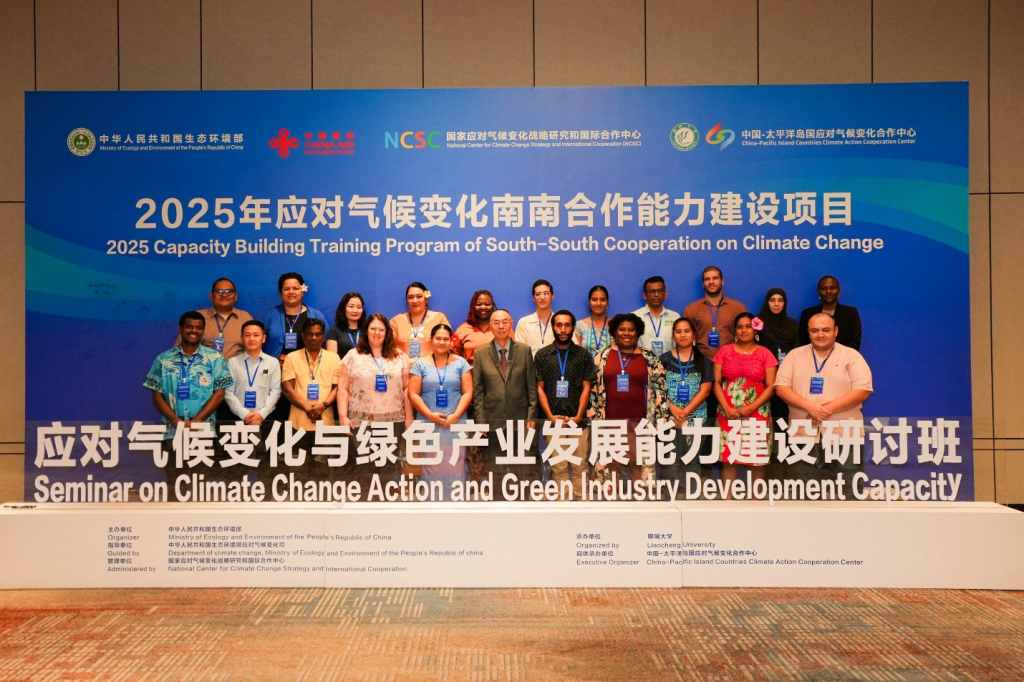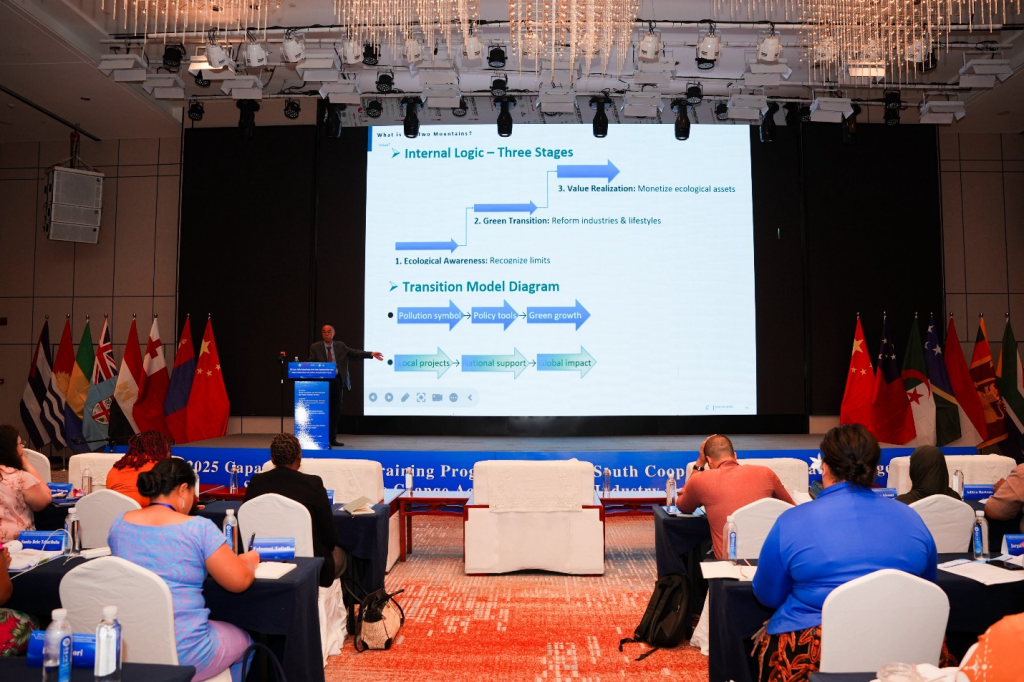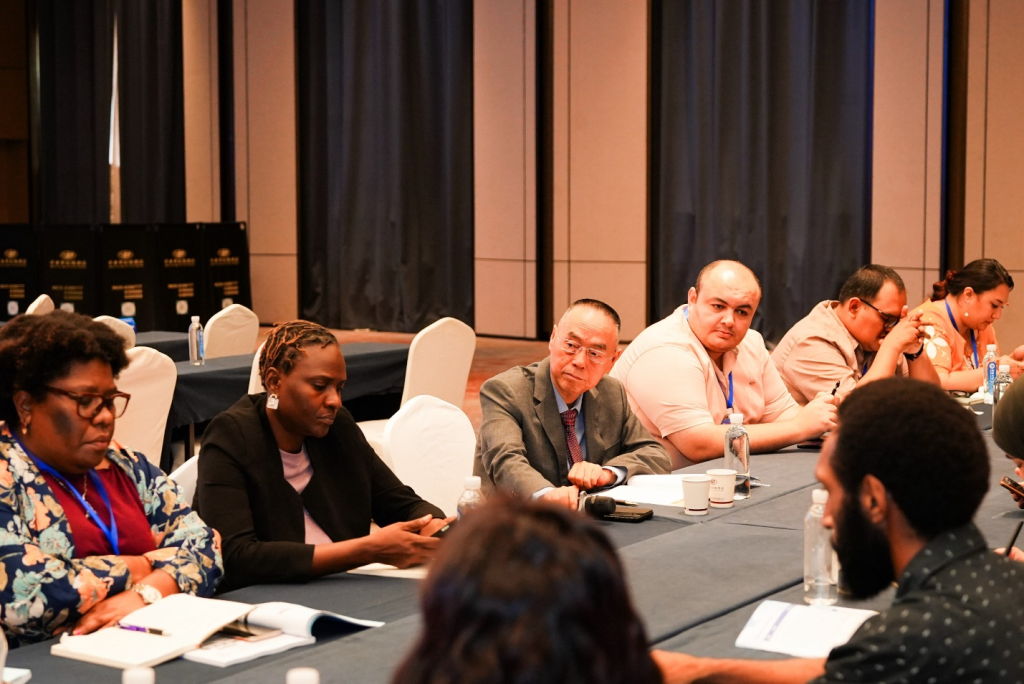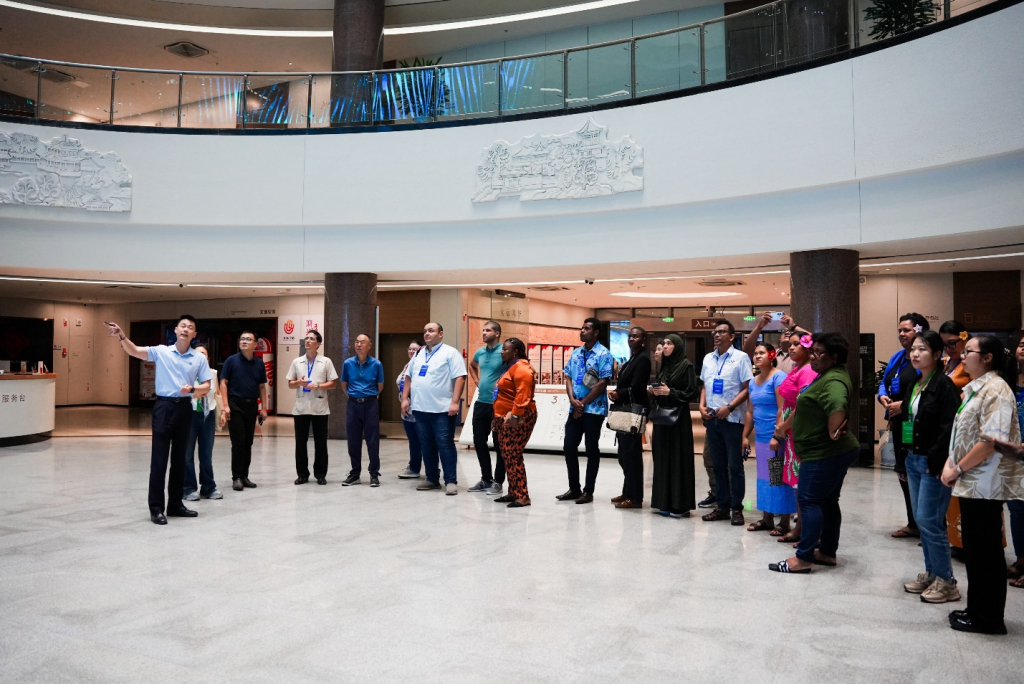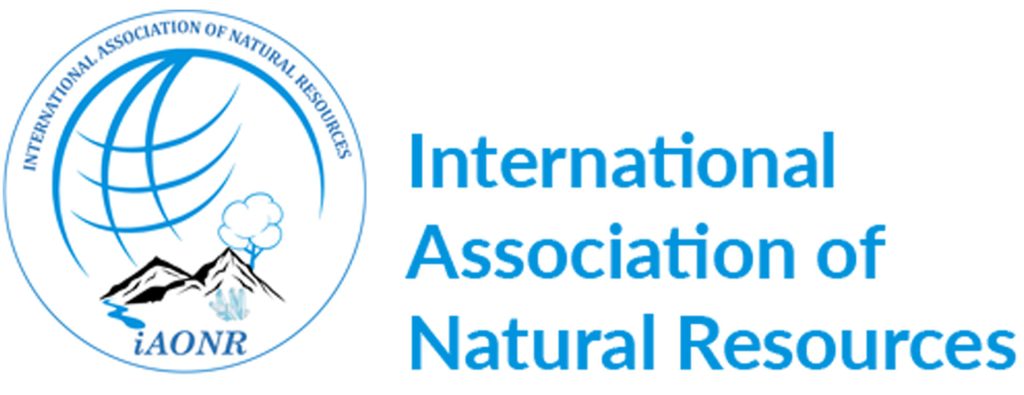September 3-4, 2025, Liaocheng, China –The International Association of Natural Resources (iAONR) played a pivotal role in the Seminar on Building Capacity for Addressing Climate Change and Developing Green Industries, hosted by the China-Pacific Island Countries Climate Action Cooperation Center at Liaocheng University. The event featured a keynote lecture by iAONR President Prof. Lei Shen, roundtable discussions, and a cultural survey of the Grand Canal, highlighting China’s “Two Mountains” concept (TMC) as a transformative framework for sustainable development in Pacific Island Countries (PICs).
■ Keynote Lecture: “Two Mountains Concept and Its Global Implications”
Prof. Shen, also a professor at the Institute of Geographic Sciences and Natural Resources Research (IGSNRR, CAS), delivered a comprehensive presentation on China’s TMC (“Lucid Waters and Lush Mountains Are Invaluable Assets“). The lecture outlined its evolution, theoretical foundations, and practical applications, emphasizing its relevance to PICs facing climate vulnerabilities.
Core Insights:
- Why It Matters :
- TMC aligns with the UN SDGs (2, 6, 7, 11–15), addressing climate action through integrated natural resource management.
- PICs’ fragility demands a shift from resource extraction to ecological industrialization, balancing economic growth with ecosystem resilience.
- Three-Stage Transformation :
- Stage 1 (2005–2012) : Conceptualization by President Xi Jinping in Zhejiang’s Anji County, linking ecological protection to productivity.
- Stage 2 (2013–2017) : Institutionalization via national policies like the Ecological Civilization System Reform.
- Stage 3 (2018–present) : Global scalability, exemplified by projects like Kubuqi Desert’s “PV + sand control” model.
- Implementation Tools :
- Ecological Product Value Realization : Market mechanisms (carbon credits, eco-tourism) and government-led compensation.
- Case Studies : Jiangxi Province’s pilot zones and Shaanxi’s natural capital valuation (¥105 trillion in 2019).
■ Roundtable Discussions: Localizing TMC for PICs
Prof. Shen facilitated dialogues on adapting TMC to PICs’ unique contexts:
- Priority Sectors: Marine fisheries, renewable energy (e.g., solar-wind hybrids), and eco-tourism.
- Policy Recommendations:
- Establish Pacific Islands Knowledge Hubsfor data-driven climate adaptation.
- Leverage China’s green finance tools (e.g., “ecological bank” models) for infrastructure projects.
■ Grand Canal Cultural Survey: Linking Heritage and Sustainability
Delegates explored Liaocheng’s Grand Canal, a UNESCO World Heritage site, to study China’s historical water management and its modern integration with TMC principles. Key takeaways:
- Eco-Cultural Synergy: Canal restoration boosted local tourism (e.g., Jiuzhaigou Valley model) while preserving biodiversity.
- Lessons for PICs: Coastal erosion mitigation through “soft engineering” (mangrove replanting) and community-led conservation.
■ A Roadmap for Collaboration
Prof. Shen underscored iAONR’s commitment to South-South cooperation, proposing:
- 2025–2026: Pilot TMC projects in Fiji/Samoafocusing on GEP accounting and renewable energy. Collaborate to compile a country specific geographic atlas of Pacific Island countries like Solomon Islands.
- 2027–2028: Scale up eco-compensation mechanisms and carbon markets with ADB/UNDP
“The Pacific can lead a blue-green economy by treating nature as home, not a resource,” concluded Prof. Shen, echoing Xi Jinping’s vision of ecological civilization.
